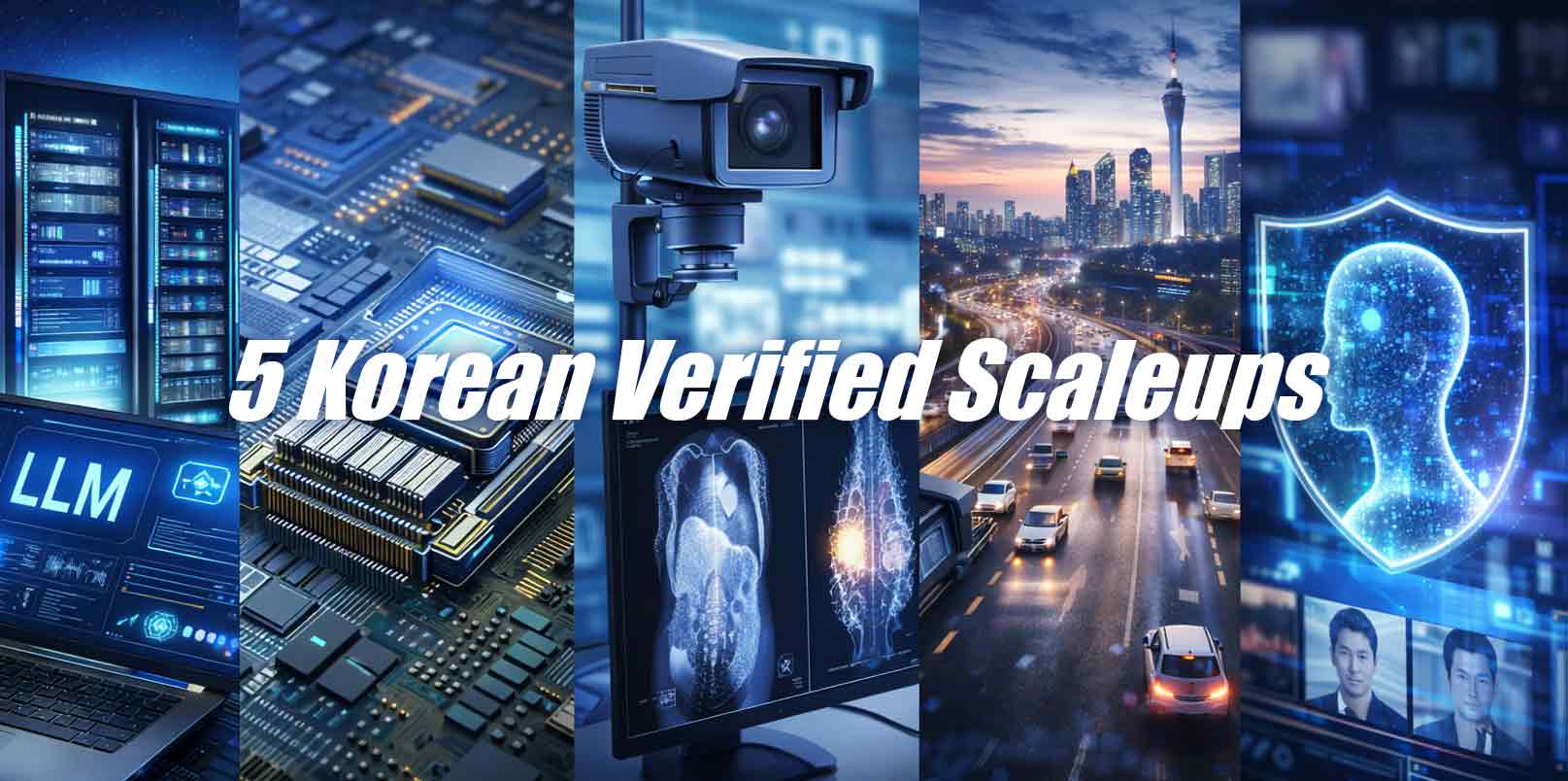Autonomous driving solutions are the next big thing in the transportation field. While many companies are bringing out autonomous driving solutions for passenger vehicles, not many are indulging in heavy motor vehicle autonomous driving solutions yet. Korean startup Mars Auto is dedicated to building self-driving trucks for commercial use. Self-driving truck technology is quite different from autonomous driving technology for urban passenger cars, and Mars Auto wants to make the technology commercial.
Mars Auto develops artificial intelligence (AI)-based autonomous driving software for trucks for cargo transport. It has the core technology to realize self-learning and developing of self-driving trucks using camera-based machine learning models without expensive equipment. “Trucks design and speed requirements are different. Self-driving trucks require a camera than a Lidar because the trucks have a long body length and a long braking distance,” the company’s chief executive Park Il-soo told Korean media in a recent interview. Park, who studied computer science at KAIST, has years of experience developing real-world machine learning applications. “Autonomous truck technology can improve fuel economy and increase truck turnover, increasing profits for both carriers and drivers,” Park added.
Test drives of self-driving trucks successful
Mars Auto was co-founded in October 2017 by two seniors and juniors from the Department of Computer Science at KAIST. After two years of establishment, it succeeded in test driving an autonomous driving truck. A truck equipped with a camera and a small computer drove the Seoul-Busan highway completely autonomously for 5 hours and 30 minutes without driver intervention. In November 2020, in collaboration with Logi Square, a transport company specializing in corporate cargo, one 5.5-ton self-driving truck loaded a delivery box. It operated a round-trip 450 km between Paju, Gyeonggi-do and Daejeon warehouses. In 2022, Mars Auto established a joint venture (JV) with Logi Square to carry out domestic trunk transportation logistics business based on truck autonomous driving technology.
Autonomous driving technology eases drivers’ workloads, which is set to increase profits for transporters. Although cargo volume has increased over the past few years, the number of drivers has not increased, creating a market imbalance that could be addressed by autonomous driving technology, Park explained.
“Machine learning-based AI used in Mars Auto’s solution can drive as well as a human driver. The AI’s consistent driving is not affected by the driver’s condition or changes in the surrounding environment. It contributes to improving fuel efficiency by 10-20 percent compared to a previous model,” said Park. Mas Auto attracted Series A. investment from Kakao Ventures, Kakao Mobility, Y Combinator, the world’s largest startup incubator, and Soma Capital, which has invested in self-driving companies, Cruise and Embark trucks. In March 2022, Mars Auto attracted 15 billion won ($11 million) from Silicon Valley-based venture capital (VC) GFT Ventures, Mirae Asset Venture Investment, and Central (CTR).
Also Read,
- German auto parts maker ZF invests in autonomous driving technology developer StradVision
- B Garage’s autonomous drone driven warehouse management service attracts investors
- Korean AI Data labeling solution provider AIMMO enters the autonomous driving sector in Europe with new HQ
- Korean Startup Seoul Robotics’ 3D engine for Lidar sensors to make autonomous driving smarter


![Mars Auto autonomous driving truck [Photo courtesy of Mars Auto]](https://koreatechdesk.com/wp-content/uploads/2022/05/image_readtop_2022_291295_16487050154993520-700x375.jpeg)


